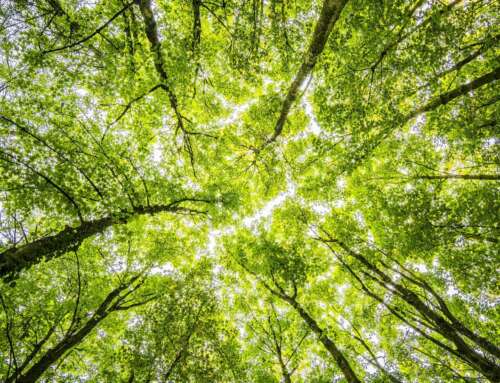
Pixabay Images
Parents and policy makers have become obsessed with getting young children to learn more, faster. But the picture of early learning that drives them is exactly the opposite of the one that emerges from developmental science.
The trouble is that most people think learning is the sort of thing we do in school, and that parents should act like teachers — they should direct special lessons at children to produce particular kinds of knowledge or skill, with the help of how-to books and “parenting” apps. Studies prove that high-quality preschool helps children thrive. But policy makers and educators are still under pressure to justify their investments in early childhood education. They’ve reacted by replacing pretend corners and playground time with “school readiness” tests.
But in fact, schools are a very recent invention. Young children were learning thousands of years before we had ever even thought of schools. Children in foraging cultures learned by watching what the people around them did every day, and by playing with the tools they used. New studies show that even the youngest children’s brains are designed to learn from this simple observation and play in a remarkably sensitive way.
We take it for granted that young children “get into everything.” But new studies of “active learning” show that when children play with toys they are acting a lot like scientists doing experiments. Preschoolers prefer to play with the toys that will teach them the most, and they play with those toys in just the way that will give them the most information about how the world works.
– Alison Gopnik
Read more: What Babies Know About Physics And Foreign Language







Leave A Comment